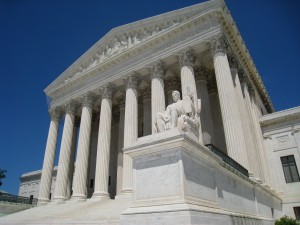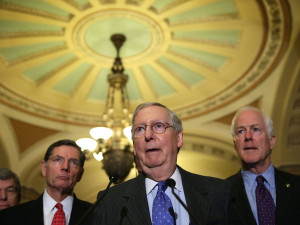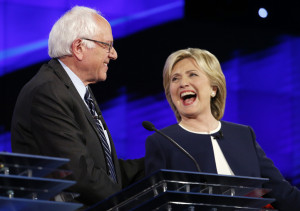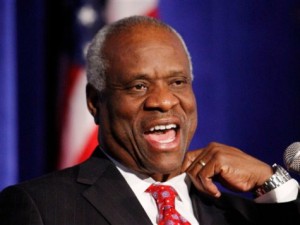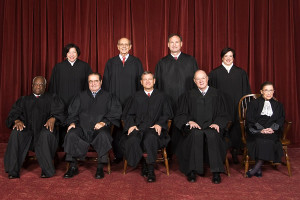A question came to me after my post about Vice President Joe Biden receiving the Presidential Medal of Freedom with Distinction today from President Barack Obama.
It came from a reader of this blog who asks, simply: “What were Vice President Biden’s accomplishments?” The reader recalled when Biden in 1991 chaired the U.S. Senate Judiciary Committee that decided whether to recommend Clarence Thomas to the U.S. Supreme Court. He called Biden a “duplicitous blowhard.”
My sense, though, that Biden brought a kind of maturity to Barack Obama’s inner circle. He brought decades — three decades’ worth — of Senate experience; moreover, he brought several years, before his election to the Senate in 1972, of public service in Delaware.
Was there a signature achievement? Did the vice president author a policy or a strategy that the president followed? Was Joe Biden singularly responsible for a public policy decision?
I don’t believe he was successful in an outwardly visible way that the public would recognize.
I’ll accept the president’s accolades as a testament to the guidance and wise — and private — counsel that the vice president gave him during the tough times.
The gentleman who asked the question likely knows all of this. He did ask it, though, and I believe it’s worth sharing a brief response here to others who read these musings.
I suspect a lot of Americans perhaps are wondering the same thing about what Joe Biden accomplished during his eight years as vice president. We might not see it with our own eyes, but the man with whom he served in the White House surely did.
That’s good enough for me.


